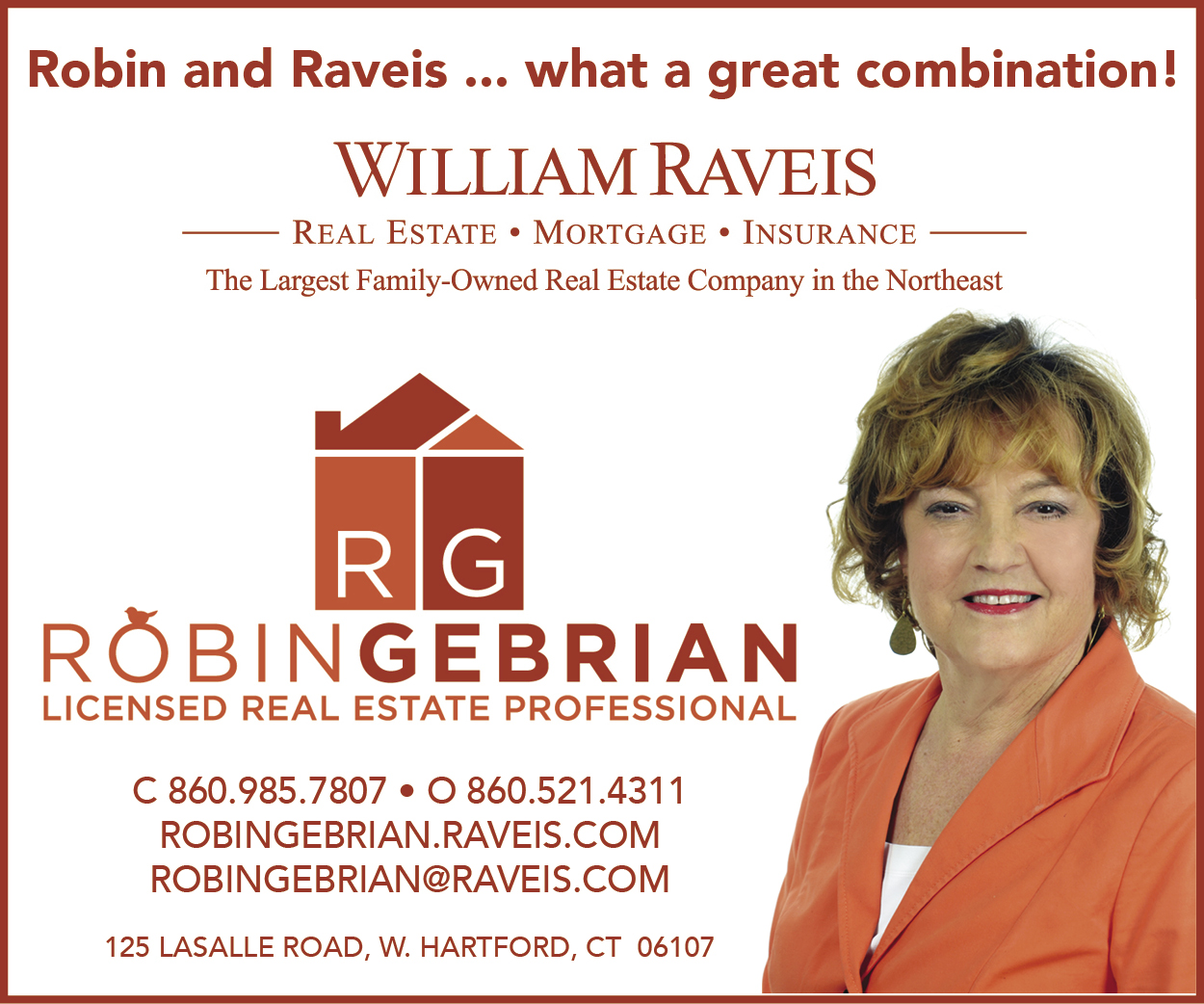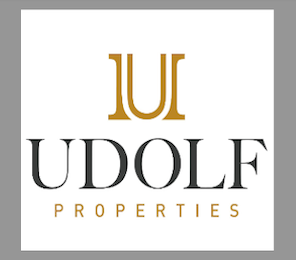Q & A with… Dr. Moises Salinas
Progressive Zionist returns from the World Zionist Congress
By Cindy Mindell
NEW BRITAIN – Dr. Moises F. Salinas has been an active Zionist since third grade, when he joined a youth group in his native Mexico City. A graduate of Jewish day schools, Salinas immigrated to Israel at age 18 with a group of six others. After earning a BA in educational psychology at the Hebrew University of Jerusalem, he returned to Mexico to complete his MA in psychology, then went on to the University of Texas for a PhD in 1998.
Salinas, 43, is associate professor of educational psychology at Central Connecticut State University, where he has taught for a decade. He has been involved in the local Jewish community since relocating to the area, serving on the Israel Programming and Shaliach Committee of the Jewish Federation of Greater Hartford. In 2003, the Federation discontinued the Shaliach program, which brought a Jewish Agency for Israel representative to live and teach in the community, and to help those who wanted to immigrate to Israel.
In response, Salinas spearheaded a grassroots effort to start a Connecticut chapter of the American Zionist Movement (AZM), part of the World Zionist Organization (WZO), serving as its founding chairman. In 2004, he was one of 14 young Zionist leaders worldwide to be honored with the Herzl Centennial Awards from the World Zionist Organization’s department for Zionist activities.
At the time, Karen Rubenstein, national executive director of AZM, said, “We just think Moises is an incredibly energetic and serious Zionist activist who has undertaken the kind of program we’d like to see replicated across the country.”
The Connecticut chapter has been dormant since 2008, but Salinas continues to be involved in the American Zionist Movement and the WZO. In June, he participated as a delegate at the 36th annual World Zionist Congress in Jerusalem. He spoke with the Ledger about his work at the congress and his ongoing efforts to strengthen the next generation of American Zionists.
Q: What did you do at the Congress?
A: The congress is annual, with elections held every four years. Every Jew over age 18 is eligible to participate in the elections. The progressive HaTikva slate was a coalition of the Reconstructionist movement; Ameinu, representing the Israeli Labor party; and Meretz USA. All three groups are members of the national AZM, but we joined as a slate for the Congress.
Delegates set up policy for the Jewish Agency for Israel and a number of different initiatives in Israel. You participate in a number of committees and in the plenary vote for proposals brought up by the committees.
One proposal was a call for the Israeli government to recognize all streams of Judaism in terms of weddings and conversions. We worked on forming a coalition: the Reconstructionist Federation was already on our slate and we got the Reform and Conservative movements to join us. This was basically world Jewry telling Israel, “You need to recognize everybody if you want to be inclusive of the Jewish people.”
The congress passed a resolution calling on Israel to pass a two-state solution with the Palestinians. It was symbolic more than anything else but meant to show Israel that the Jewish Diaspora thinks there needs to be a two-state solution, while always putting Israel’s security first.
The Congress also elected officers for the World Zionist Organization and the Jewish Agency for Israel. There’s been a separation between the two in terms of funding and in terms of appointing officers for different posts.
This is the same Zionist Congress that Theodor Herzl founded in 1897and it and represents Jews from every community in the world. It’s very interesting both in terms of what we do but also as a place to exchange ideas with Zionists from all over the world. It’s like a mini U.N. Shimon Peres spoke at the opening ceremony, as did a number of ministers, including Tzipi Livni, head of the opposition; and Minister of Education Gideon Sa’ar.
Q: How have your professional pursuits echoed your Zionist efforts?
A: I am a cross-cultural psychologist, with expertise in stereotypes, prejudice, and conflict resolution. I spent a sabbatical year in Israel in 2005 researching the psychology of the Israeli-Palestinian conflict, and published a book on my findings in 2007. I’m very involved in the psychological factors affecting Israelis and Palestinians, and in how psychology can solve the conflict and bring reconciliation, which all of us support. Nobody wants to be at war. It’s a very complex issue.My point is that many of the most important barriers are not real barriers. We know what the political solution is. The problem is that we have so much fear, hatred, and stereotypes on both sides, and those prevent us from reaching a solution. I am a strong advocate for peace, as a Zionist first all my life, and putting Israel’s security foremost. But we cannot let fear keep us from reaching peace.
Q: How did you develop these views?
A: I started developing an interest in this subject when I was a student at Hebrew University, where I had the opportunity to interact with Palestinians who worked there. This was in the ’80s, before the first Intifada, when Palestinians worked and studied freely in Israel. In Israel, Jews develop certain stereotypes, not only with Palestinians but with Israeli Arabs. My Israeli friends wouldn’t mix with the Arab students. Coming from Mexico, I had a different perspective and hadn’t grown up with the same stereotypes, so I had no problem interacting with the Israeli Arabs and Palestinians. I made friends with them and went to their houses in the territories, and once I took my Israeli girlfriend with me. She was an officer in the Israeli army and that was the only time she had interactions with Palestinians outside of that role. Those visits changed her perception completely in terms of how she saw Palestinians. In a way, it was the first time she got to interact with them as friends.
On the way back, she said, “I never thought of Palestinians as people,” which really struck me back then. I realized that this is a really an important thing; it was like a flash of light. I thought that if Israelis had the opportunity to meet Palestinians, they would understand that most of them just want to have a good life like we do, and that would create a different political landscape.
As part of the Jewish Agency’s Partnership 2000 program, CCSU had an exchange agreement with Emek Yizreel College near Afula, a school that has a high population of Israeli Arab students. CCSU had hosted Matthew Silver from the college for a year, and in return, they hosted me. I had some support from Tel Aviv University, but it was mostly Emek Yizrael College students, both Arab and Jewish, who helped me with my research and interviews.
Q: How are you involved now in AZM?
A: I’m hoping to revive the AZM chapter in the Hartford area. Right now I’m working in the national organization, mainly on two projects. One is an educational program that would offer free workshops for teachers in Jewish day schools and Jewish community schools, on the Israeli-Palestinian conflict and other issues in Israel, to help them be more informed. We also want to bring American Jewish student interns to Israel to work in human rights organizations. Over the last few years, we’ve seen a number of Jewish college students joining pro-Palestinian organizations. The students have very liberal values – which are Jewish values, and were Jewish values long before they were termed “liberal.” Because the students don’t have enough information and see the Israeli-Palestinian conflict on the news, they see it in a very simplistic way. They see the “poor Palestinians” and want to help and do something in terms of human rights. I applaud them, but they join the Palestine Solidarity Movement and go on trips to the territories in the framework of pro-Palestinian organizations, which are biased against Israel.
We want to offer an alternative: you can still go to Israel in the framework of a Jewish organization, and see the conflict from another perspective. There are other Jewish organizations working on campuses. But the David Project, for example, brings a conservative, right-wing perspective that doesn’t speak to the students’ liberal values. AZM wants to show that you can combine a liberal perspective with a Zionist perspective; a lot of people don’t know that Zionism was founded by liberals, and people on the left, and that the groups that put together the kibbutz movement were all Labor. You can have liberal values and be a Zionist.








 Southern New England Jewish Ledger
Southern New England Jewish Ledger










Comments are closed.